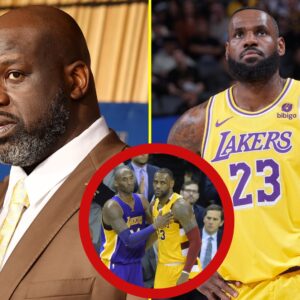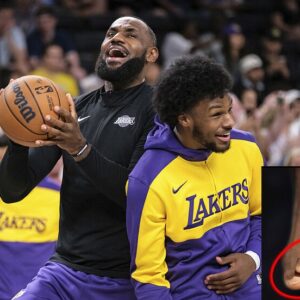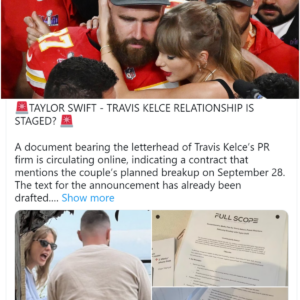Steven Spielberg is known around the world as a visionary filmmaker, he takes various approaches and strategies and has the passion for coming up with something unique. The Jaws director has enjoyed unparalleled success in the movie industry, as he often pushed boundaries creating stories that have survived the test of time, and creating movies that have left an indelible mark on the movie industry.
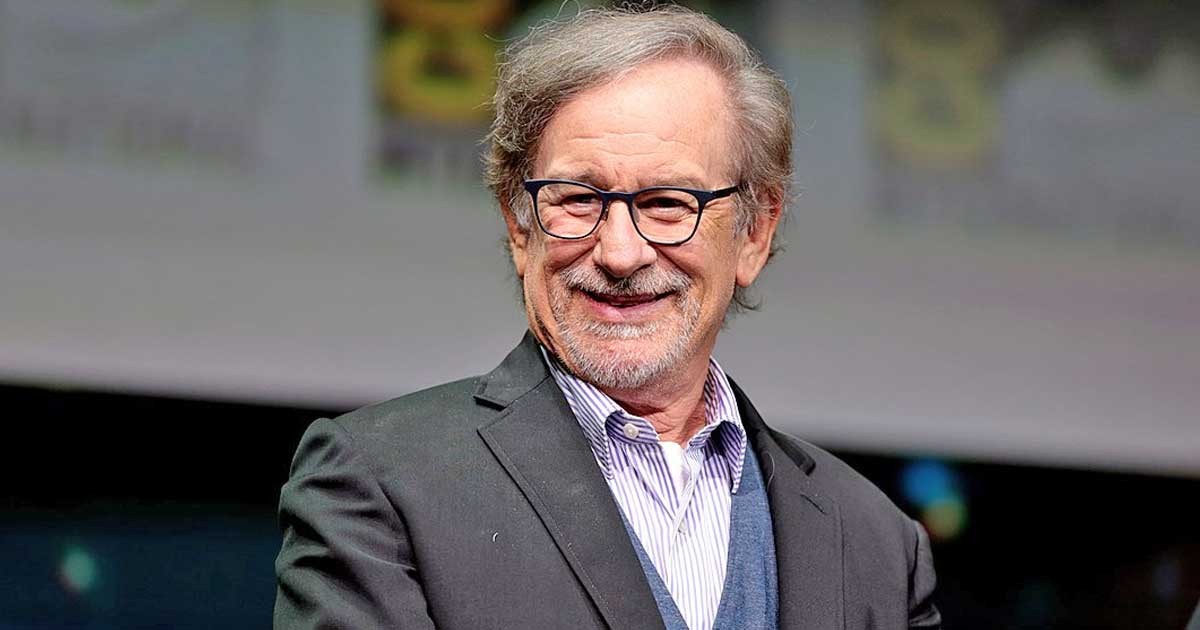
Steven Spielberg
For the Duel filmmaker, 1993 was a massive year, as he gave not one but two smash-hit box office films, that is, Jurassic Park and Schindler’s List. While both films were immensely successful, the latter film was something different than what Steven Spielberg normally does. The film was more on the serious side that put a massive toll on his mental health. However, Robin Williams played a major role in dealing with the stress from the film.
Robin Williams Safeguarded Steven Spielberg’s Mental Health
People who have watched Schindler’s List would say that the movie was heavy to watch because of the theme as it talks about the holocaust, which happens to be one of the most spine-chilling and tragic chapters in the history of humankind. Steven Spielberg wanted to make the film as real as possible, so he decided to recreate those horrifying events. Being a Jewish filmmaker had affected him on a personal level, and he was crushed by the heavy story of the historical drama film.
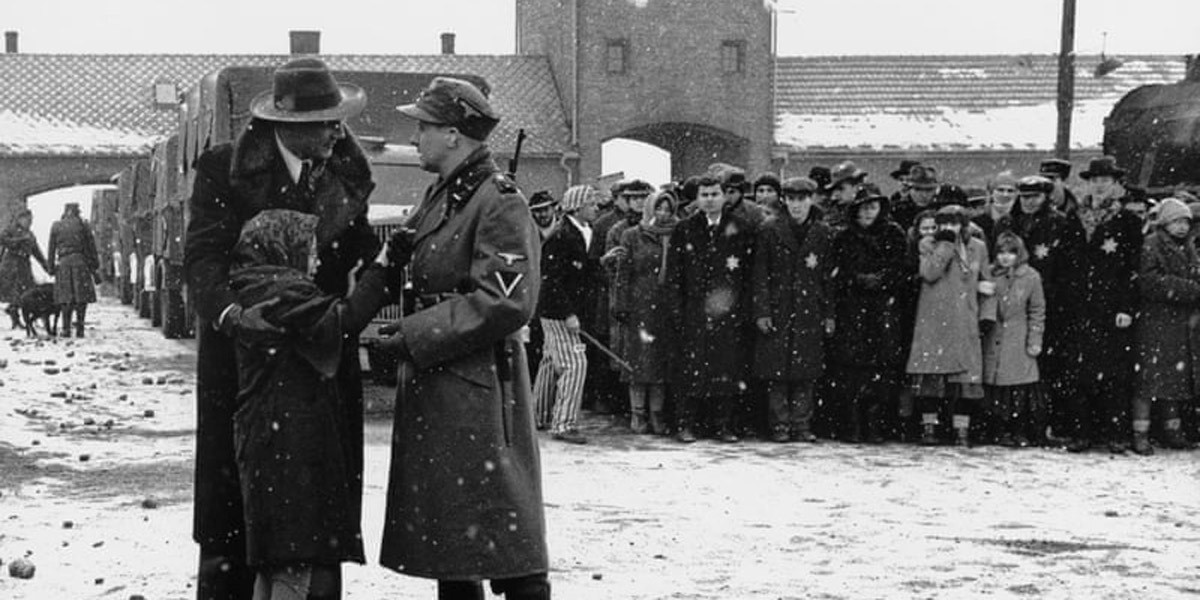
A till from Schindler’s List
Gladly, Spielberg had a true friend like Robin Williams. During an exclusive interview with IndieWire, the Lincoln director shared that his friend used to cheer up the director by calling him, to help him cope with the seriousness of the film he was working on the 1993 film.
“Robin knew what I was going through, and once a week, Robin would call me on schedule and he would do 15 minutes of stand-up on the phone. I would laugh hysterically, because I had to release so much.”
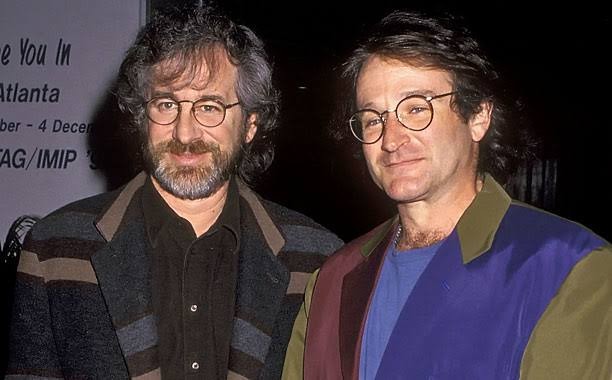
Steven Spielberg and Robin Williams
Steven Spielberg continued that the Good Will Hunting actor always managed to make him laugh and the most beautiful aspect of their friendship was that he would “never say goodbye, just hang up on the biggest laugh.”
“The way Robin is on the telephone, he’d always hang up on the loudest, best laugh you’d give him. He’d never say goodbye, just hang up on the biggest laugh.”
Spielberg and William had previously worked together in 1991’s Hook, the film took storytelling to a whole new level, beautifully narrating the magic and story of the Neverland. While the Dead Poets Society actor had been fighting his demons for many years he was selfless enough to save his friend from feeling what he felt on an everyday basis.
Steven Spielberg Decided To Donate Profits From Schindler’s List
The Fabelmans director has won three Oscars in his career, and two out of the three Academy Awards were won by his most critically acclaimed project, Schindler’s List. The movie was a massive success at the worldwide box office, earning $322.1 million. During an exclusive interview with Today, Spielberg shared how he decided to donate the film’s profit to the Shoah Foundation.
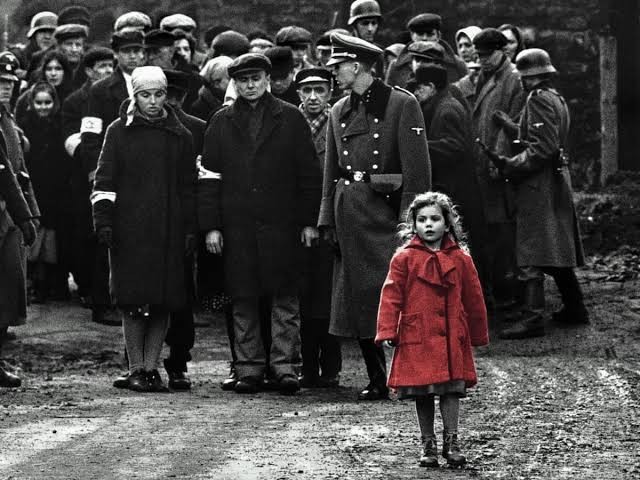
A still from Schindler’s List
“It is blood money. Let’s call it what it is. I didn’t take a single dollar from the profits I received from Schindler’s List because I did consider it blood money. When I first decided to make Schindler’s List I said, if this movie makes any profit, it can’t go to me or my family, it has to go out into the world and that’s what we try to do here at the Shoah Foundation. We try to teach the facts of the past to prevent another Holocaust in the future.”
He added that the Shoah Foundation has made notable efforts to collect testimonies from different countries in different languages.
“It took about eight years to collect their testimonies from almost 64 countries in 32 languages.”
The Shoah Foundation is immensely close to the filmmaker as the nonprofit organization is solely dedicated to Holocaust survivors. They tirelessly try to provide visual or audio testimonies of those who personally experienced or witnessed the effects of the Holocaust.
News
Kim Kardashian shows off her curves and continues to plug controversial $60k Cybertruck – as the Tesla vehicle is plagued with safety problems
Kim Kardashian showed off her toned curves in a skimpy ensemble as she continued to plug her controversial $60k Tesla Cybertruck – amid mounting problems with the vehicle line. The…
Kim Kardashian unveils millennial pink bob in gritty photo shoot… after bleach blonde hair left her looking like Kanye West’s new wife Bianca Censori
Kim Kardashian debuted her new hair in artistic, makeup-free Instagram portraits on Monday. The reality TV personality, 43, showed off her edgy new look after dying her hair a cotton candy pink…
Kim Kardashian the copycat! Reality star looks just like Kanye West’s new wife Bianca Censori with bleached hair, no bra and skimpy ‘apron’ top
Kim Kardashian looked as if she had taken a page from the stylebook of her ex-husband Kanye West’s current wife Bianca Censori during an outing in Los Angeles on Sunday. The 43-year-old reality TV icon…
Khloe Kardashian fans praise the star’s ‘flawless’ figure as she rocks a tiny black bikini while on a yacht
Khloe Kardashian has stunned fans as she rocked a teeny tiny bikini during a yacht ride. In a new Instagram post, Khloe, 39, shared a snapshot of herself in a black…
Kim Kardashian critics say she’s ‘morphing into’ Bianca Censori with ‘fried’ short pink hair and bodysuit in new pics
Fans have accused Kim Kardashian of morphing into her ex-husband Kanye West’s younger wife Bianca Censori in new pics. The Kardashians star recently chopped her hair and dyed…
Jennifer Lopez looks topless as she shows off her incredible body at 54 in bra with a nipple on it for sεxy new video
Jennifer Lopez ‘can’t get enough’ of flashing her bra in her sεxy new music video with rapper Latto. JLo, 54, appeared in one scene wearing a red…
End of content
No more pages to load






